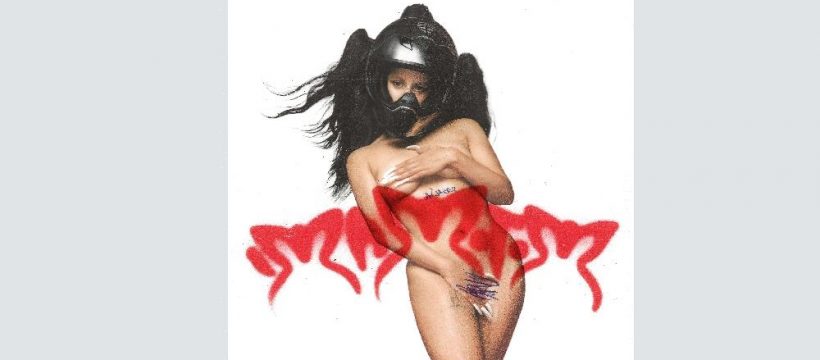Barcelona-born singer Rosalia seemed to progress ahead of her own albums: While her debut was essentially the straight traditional flamenco she spent years learning, and the second saw her fusing that style with more contemporary sounds, her guest appearances (with artists ranging from J Balvin, Ozuna and Bad Bunny to the Weeknd, Billie Eilish and Travis Scott) and her recent singles have seen her fully embracing innovative, envelope-pushing sounds ranging from reggaetón to hip-hop to pop.
It was all prelude for the wildly diverse “Motomami,” which brings her roaring into now — it’s as musically innovative an album as we’ve heard in the past year. It finds her delivering on all the promise and innovation that those releases suggested and plenty more as well, while still keeping the sound rooted in her stunning voice (and singing entirely in Spanish). There have been many songs and albums that are generally in this innovative-pop-and-hip-hop lane, but it’s hard to think of any that are based around such a jaw-droppingly talented singer.
The album is largely a mix of bangers and ballads, with multiple other styles interspersed between. There are hard beats, throbbing bass wild effects, soaring melodies, distant orchestras and heart-rending singing, sometime all in the same song. It never stays in one place for long.
There’s no shortage of A-list collaborators: The Weeknd (singing in Spanish!), James Blake and Q-Tip all make cameos, and there’s a murderers’ row of co-producers and co-writers: longtime collaborator El Guincho, Pharrell Williams, Tainy (J Balvin, Bad Bunny, Cardi B), Frank Dukes (Drake, Post Malone, Camila Cabello), Michael Uzowuru (Beyonce, Frank Ocean, Donald Glover), and Dylan Patrice (Solange, SZA, Don Toliver) all make several appearances — and Mike Dean gets a lyrical shout-out, even though he’s not credited on the album — but Noah Goldstein (Kanye West, Frank Ocean, Travis Scott) is the one who seems to have pulled together this remarkable work of sequencing and flow.
And what a flow it is, swinging from bangers like “Chicken Teriyaki” and “Bizcochito” (which is a cheerleader anthem slightly reminiscent of Gwen Stefani’s “Hollaback Girl”) to ballads like “Genis” (which we’re not sure is about what we think it is) and the sex-positive “Hentai,”— and there are also songs that combine the two, like “Candy” and the Weeknd-featuring “La Fama” (which she slayed by herself on “Saturday Night Live” last weekend). But there’s also the flamenco-inflected, percussion-and-vocals “Bulerias” (where she throws on some autotune onto her vocals), and even a couple of songs that sound at points like they could date from the 1940s, one of which (“Delirio de Grandeza”) may remind some listeners of Buena Vista Social Club… until a distant rap gradually comes into focus toward the end. In fact, no song here is entirely one thing, and every single one is sonically warped, twisted or put through a funny mirror at some point — a tactic that keeps the listener guessing as much as the stylistic diversity.
It closes with the stunning “Sakura,” apparently recorded live, as powerful a vocal tour-de-force as she’s ever recorded, where she shows her dazzing range, veering from full-on belting to a near-whisper. It’s a perfect closing for an album that not only marks Rosalia’s true arrival, it moves her toward the front line of today’s musical innovators.
Source: Read Full Article
